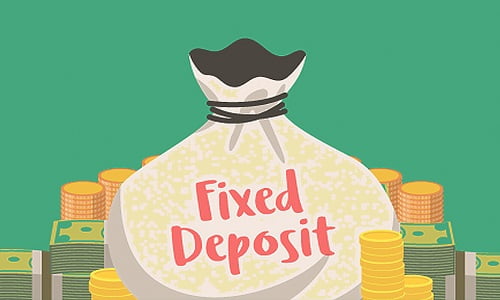Risk-free investing refers to investing in non-traditional assets that one is enthusiastic about. More than any other area, investing allows you to have a deeper grasp of human behaviour. This is because it is emotional, personal, political, and cultural, and we have access to massive data to measure it all.
Investors are particularly interested in critical consumers or vendors, the market’s size, and your existing position within it. Make sure you are putting a fair value on your company. The value elements you emphasise during negotiations will be determined by the sort of investor you want for your company.
Investing is a technique aimed at generating favourable returns for your portfolio and society. The impact investing strategy is gaining popularity among investors today.
Passionate investing is an excellent method for developing long-term investment plans that can pay off for you. Impact investing, which aims to provide social and/or environmental advantages while still providing a financial return, is becoming more popular as a viable option for investors and businesses.
When evaluating fixed deposit rates to equity funds, FDs are the best financial option because the interest and principal are guaranteed at maturity. FD deposit rates, liquidity, and security are dependent on the lender’s or financial institution’s financial sustainability, even though they are considered risk-free assets.
The capacity of mutual funds to diversify risk is another reason they may make you wealthy. Money markets, bond funds, equity investments, and targeted date funds are the four primary types of mutual funds. Each variety has its own set of characteristics, hazards, and benefits.
Index funds and fixed deposit accounts are both popular investment options. Each of these financial vehicles is distinct and offers investors attractive rewards over time. If you wish to invest in one of these financial vehicles, you need to analyse the two thoroughly. The following is a comparison of mutual fund schemes and fixed deposits.
Fixed deposits are the most acceptable investment option in the nation since they guarantee the protection of deposited funds. Due to the multiple benefits of bajaj fixed deposits, it is the most preferred among investors.
The process of investing in a fixed deposit is speedy, starting with a higher fixed deposit rate than a certificate of deposit and the provision of loans and credit cards based on FDs. In India, foreign firms are a reasonably recent type.
They should not be dismissed, though, because there has been a recent surge of such investors, mainly since some were engaged in successful initiatives and are willing to re-invest additional funds in Indian firms.
Investors and organisations in India are eager to invest in startups and company startups throughout the nation, ranging from initial capital investors and fixed deposits from India, which are looking to begin to existing corporations looking for new initiatives. Investors may browse a wide selection of company ideas, initiatives, and proposals on the Indian Investing Network’s online platform and contact anybody whose concept piques their interest.
Private equity investments have increased dramatically in India over the last three years, giving private investors and enterprises the finance to expand to a wide range of options.
Innovative discoveries and breakthrough technological advancements and real estate development and retail outlets are among the innovators and startup enterprises seeking venture financing.
The Indian Investment Network, for example, aims to provide angel investors with not just the option to locate entrepreneurs in India but also the capacity to connect abroad.
Whether in tech or healthcare, startups or worldwide brands, many businesses receive their first funding from private investors. Young businesses collaborate closely with investors in private investment to ensure that both parties are all on the same page about the company’s growth and development.
Private investors, sometimes referred to as business entrepreneurs or venture capitalists, are frequently affluent individuals searching for a triumphant return in a feasible business endeavour.
They may also provide opportunities to network and business contacts or even take on a managerial position in their funded firm. They frequently strive to expand their portfolio of firms and their broad experience in the industry. They may also be referred to as limited partners in some countries.
While other forms of company finance, such as bank loans, bajaj finance deposits from India, and government subsidies, are available, individual investors are more prepared to take chances on new businesses than many financial institutions.
Because there is less proper research (investigations or inspections of a possible investment), venture capital funds are generally obtained faster than financing from venture capitalists (a person, corporation, or group of individuals that invest substantial sums of money in the already established enterprises).
As a result, individual investors are more patient in waiting for an invested capital than venture capital or massive corporations, understanding that these investments have a high level of early volatility.
